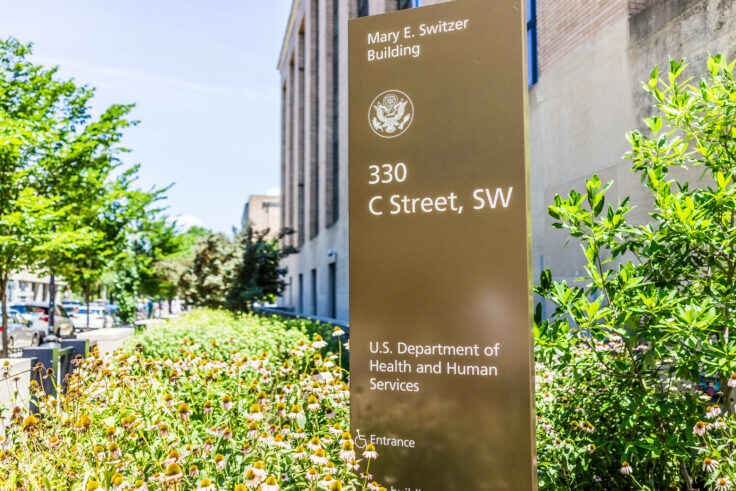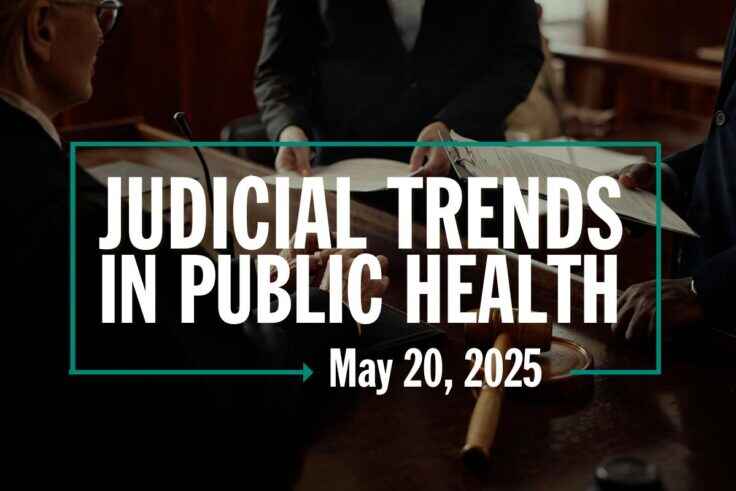Legal Repercussions of Public Health Emergency Rescissions
Overview
May 3, 2023 | 12 – 1:00 p.m. ET
On January 30, 2023, President Biden and the Secretary of Health and Human Services announced the federal Public Health Emergency (PHE) that has been in place since January 31, 2020, would end on May 11, 2023. The end of the PHE is not merely symbolic. In the months before the PHE officially ends, governments, public health stakeholders, and others must prepare for real-world consequences that will emerge as the legal landscape shifts. The PHE and other emergencies allowed governments to waive and modify certain requirements, to authorize medical countermeasures, and to provide additional liability protections to health care workers and entities. Millions of Americans have access to care via the PHE through Medicaid and other routes, with a record low number of uninsured individuals. COVID-19 vaccines, tests, and treatments were covered with little or no cost-sharing for most Americans. Many of these reforms will end on May 11, but many more will stay in place, at least temporarily.
In this webinar, presenters will provide an overview of federal, state, local, and tribal emergency authorities, including the types of emergency declarations and their core components, as well as key governmental powers and flexibilities enabled by these declarations. Presenters will discuss the achievements of the various declarations since 2020, what powers and flexibilities are ending, and what will remain in place following the expiration of the PHE on May 11.
View/Download Webinar Slides
By attending this webinar, you will:
- Gain an understanding of the types of emergency declarations and the core functions of each.
- Understand state-level emergency declarations.
- Learn about the various government flexibilities and authorities that will end with the PHE.
- Learn which COVID-era reforms will stay in place past May 11.
Moderator: Summer Ghaith, J.D., M.D. (candidate)
Presenters:
- Lawrence Gostin, J.D., LL.D, Founding O’Neill Chair in Global Health Law; Faculty Director, O’Neill Institute; Director, WHO Collaborating Center on Global Health Law
- Lauren Dedon, J.D., Senior Legal Policy Advisor, National Governors Association
- Erica N. White, J.D., Senior Attorney, Network for Public Health Law—Western Region Office
You may qualify for CLE credit. ASLME is an approved provider of continuing legal education credits in several states ASLME will also apply for CLE credits in other states upon request. An email from ASLME regarding CLE credits will be sent to attendees following the webinar.




